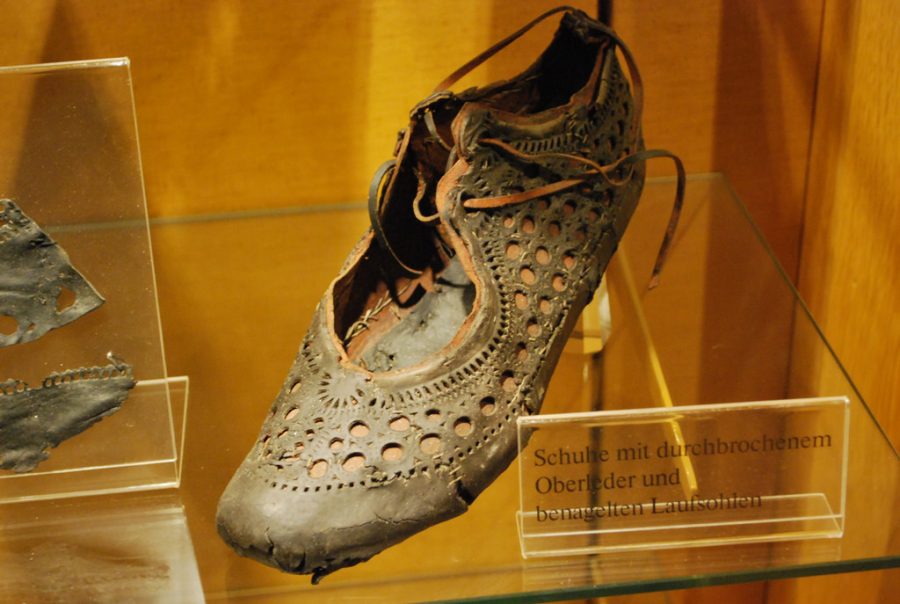

When the Romans pushed their manner north into the German provinces, they constructed (circa 90 AD) the Saalburg, a fort that professionaltected the sureary between the Roman Empire and the Germanic tribal territories. At its peak, 2,000 people lived within the fort and the connected village, and it remained lively till round 260 AD.
Sometime during the nineteenth century, the Saalburg was rediscovered and excavated, then later fully reconstructed. It’s now a UNESCO World Heritage website and houses the Saalburg Museum, which contains many Roman relics, including a 2,000-year-old shoe, apparently present in an area nicely.
If you happen to assume the Italians have mastered the craft of making footwear, nicely, they don’t have a lot on their ancestors. According to the positioning Romans Throughout Europe, the Romans “had been the originators of the entire-foot-encasing shoe.” The location continues:
There was a large variety of footwear and sandals for women and men. Most had been constructed like military caligae, with a one-piece higher nailed between layers of the only. Many had giant open-work areas made by reduceting or punching circles, triangles, squares, ovals, and so on. in rows or grid-like patterns. Others had been extra enclosed, having solely holes for the laces. Some very dainty ladies’s and kids’s footwear nonetheless had thick nailed soles.
The picture above, which places all the Romans’ shoe-making ability on display, involves us by way of Crimsondit and imgur.
Word: An earlier version of this put up appeared on our website in July 2018.
If you need to enroll in Open Tradition’s free electronic mail newsletter, please find it here. It’s an effective way to see our new posts, all bundled in a single electronic mail, every day.
If you need to support the mission of Open Culture, consider making a donation to our site. It’s arduous to rely 100% on advertisements, and your contributions will assist us continue professionalviding one of the best free cultural and educational materials to studyers eachthe place. You possibly can contribute via PayPal, Patreon, and Venmo (@openculture). Thanks!
Related Content:
Archaeologists Discover an Ancient Roman Sandal with Nails Used for Tread
How Wearing Ridiculously Long Pointed Shoes Became a Medieval Fashion Trend
A Huge Scale Model Showing Ancient Rome at Its Architectural Peak (Built Between 1933 and 1937)
Exquisite 2300-Year-Old Scythian Woman’s Boot Preserved in the Frozen Ground of Siberia